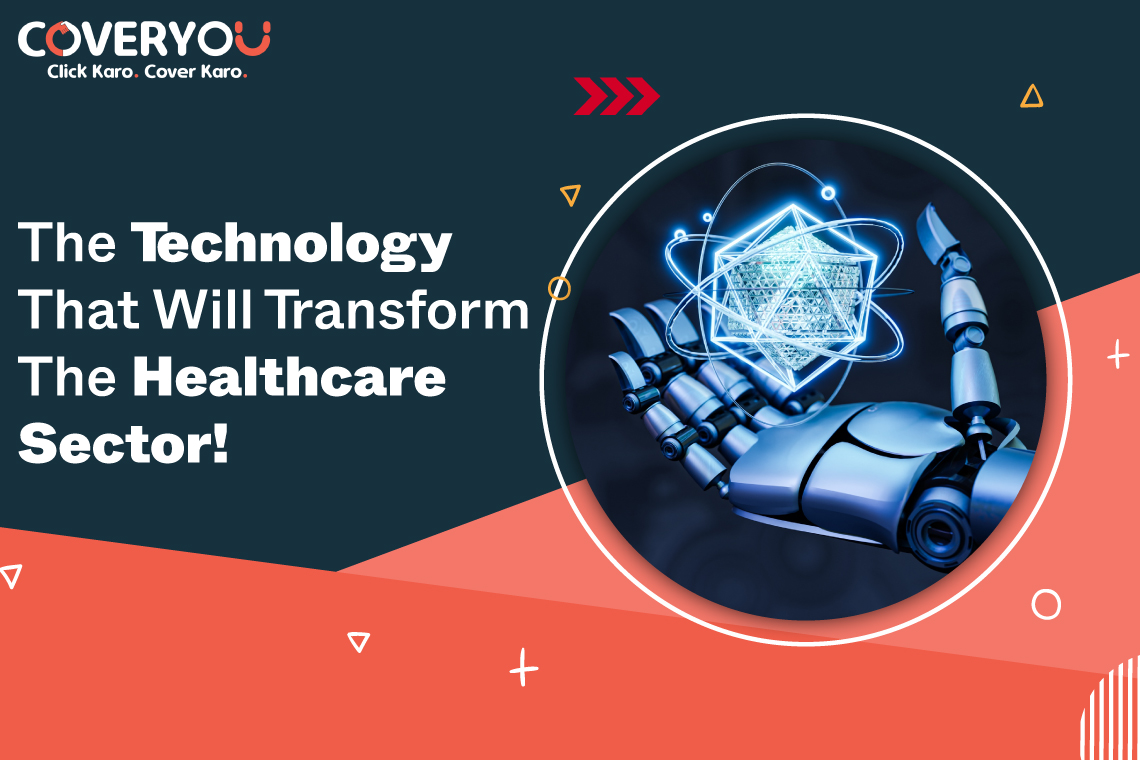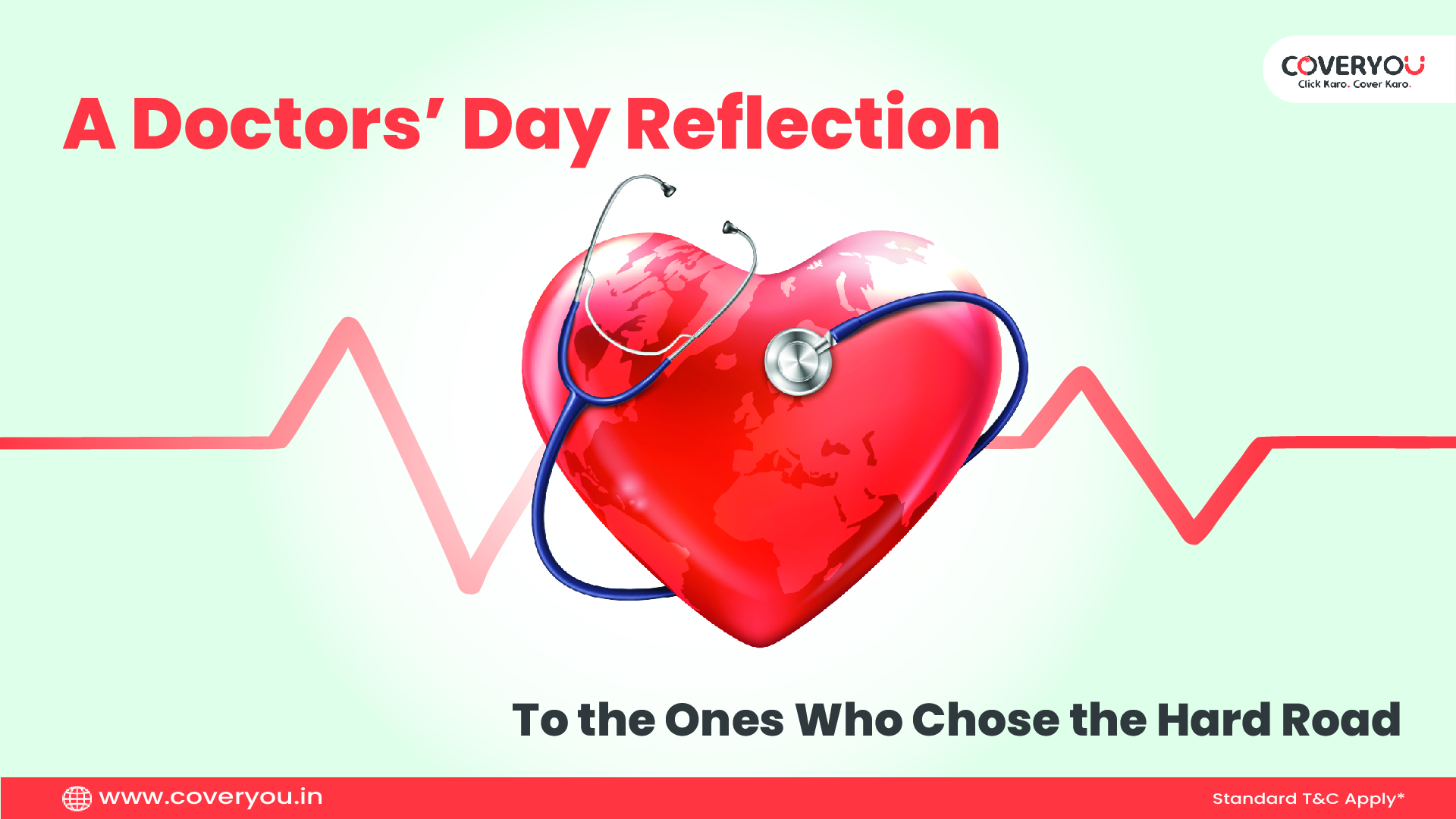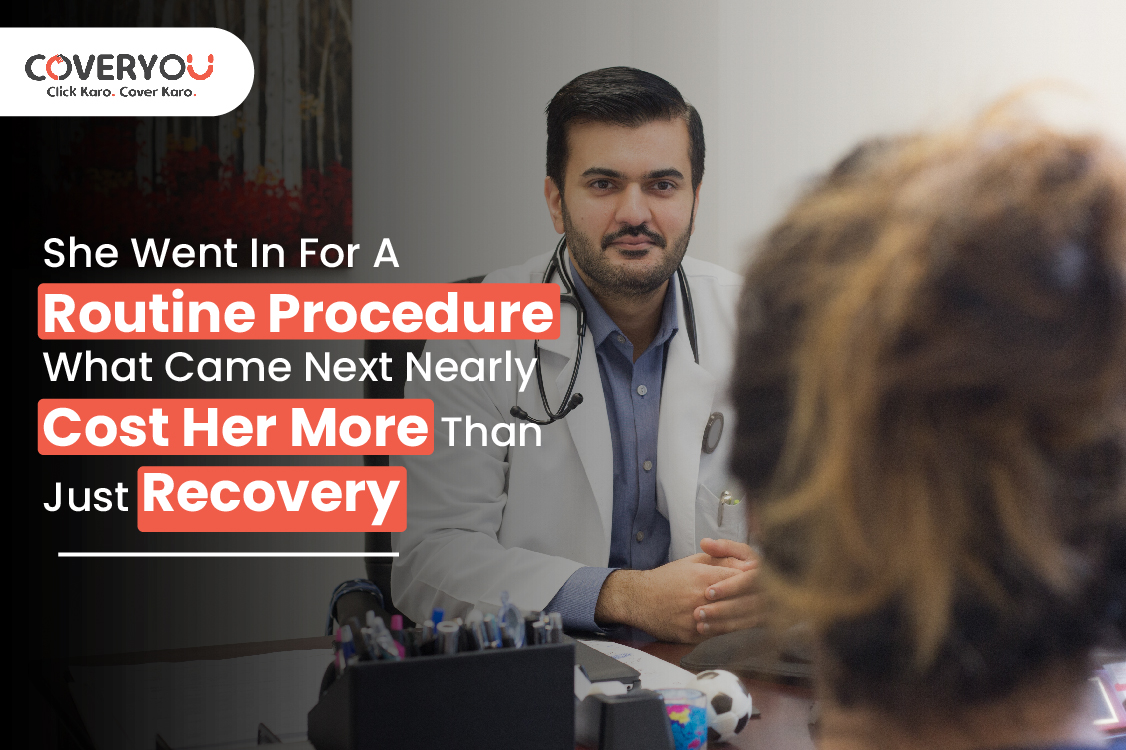Introduction
The last few years have witnessed a unique transformation, in which technology has been making waves in the healthcare sector. Prospects of better patient outcomes and more operational efficiencies are transforming medical practices. In various ways, ranging from AI to telemedicine. These technologies can transform healthcare deliveries in deep ways. Plus usher in an era of smarter, more accessible, and increasingly personalized care.
Artificial Intelligence in Health Care:
AI is cornering the healthcare industry by analyzing highly complex medical data. Through algorithms and data analytics to diagnose diseases and indicate treatment plans. Machine learning models can thus wade through reams of data on individual patients, finding trends and making predictions with accuracy as never before. AI-powered tools also optimize the interpretation and medical imaging, discovery processes of new drugs, and personalized medicine, hence medical decision-making and patient care.
Telemedicine and Remote Monitoring:
Telemedicine has grown exponentially, especially accelerated by global events like COVID-19. This technology enables healthcare providers to deliver medical services remotely through video consultations, mobile apps, and secure messaging platforms. On the other side, telemedicine is coupled with remote monitoring devices that track patients’ vital signs and health metrics from home. These innovations not only help patients who are remote but also aid in access to care while reducing unnecessary trips to the hospital, and health costs, and enabling improved patient satisfaction and adherence.
Blockchain for Secure Health Data Management:
Blockchain technology is going to revolutionize health data management by hosting and sharing electronic health records securely and in a decentralized manner, giving integrity, privacy, and interoperability across all healthcare systems. This blockchain-enabled platform gives patients more control over their health information and, for the healthcare provider, easier access to accurate and current patient records. This openness and security will smooth the way toward enhanced coordination in health care and collaborations related to medical research.
Wearable Technology and IoT Devices:
Wearable devices and IoT sensors will revolutionize the area of health violates by enabling the tracing of health metrics nonstop. This will include heart rate, blood pressure, and even the level of one’s physical activity. The devices allow real-time data that going to be essential in tracing chronic conditions, detecting warning signs relating to health complications, and personalizing treatment plans to each particular case. IoT integrated into healthcare facilities enhances the operational efficiency of facilities through workflow automation, inventory management, and optimization of resource allocation.
Robotics and Surgical Innovations:
New-age robotic technology has invaded surgical procedures to make them more precise, minimally invasive, and quicker for recovery. Surgical robots help surgeons perform intricate operations with better dexterity. Thereby also bringing accuracy by reducing the scope of human error during surgery. Apart from surgical operations, robots are used in rehabilitation, patient care, and elderly care. That can provide support at a much more personalized and consistent level within health centres.
Conclusion:
The convergence of these transformative technologies is a significant change in the healthcare landscape. Which is likely to make healthcare delivery more efficient, accessible, and patient-centered in nature. Diagnosis improved by AI, remote care options enhanced by telemedicine, health data securely managed by blockchain, and continuous monitoring through wearable technology. With revolutionized surgery procedures by robotics usher hope for the future of healthcare. It is through responsible and innovative embracing of these technologies that improved health outcomes can be achieved. Healthcare organizations are thus driven toward better efficiency, sustainability, and resilience against any other future shocks.

















